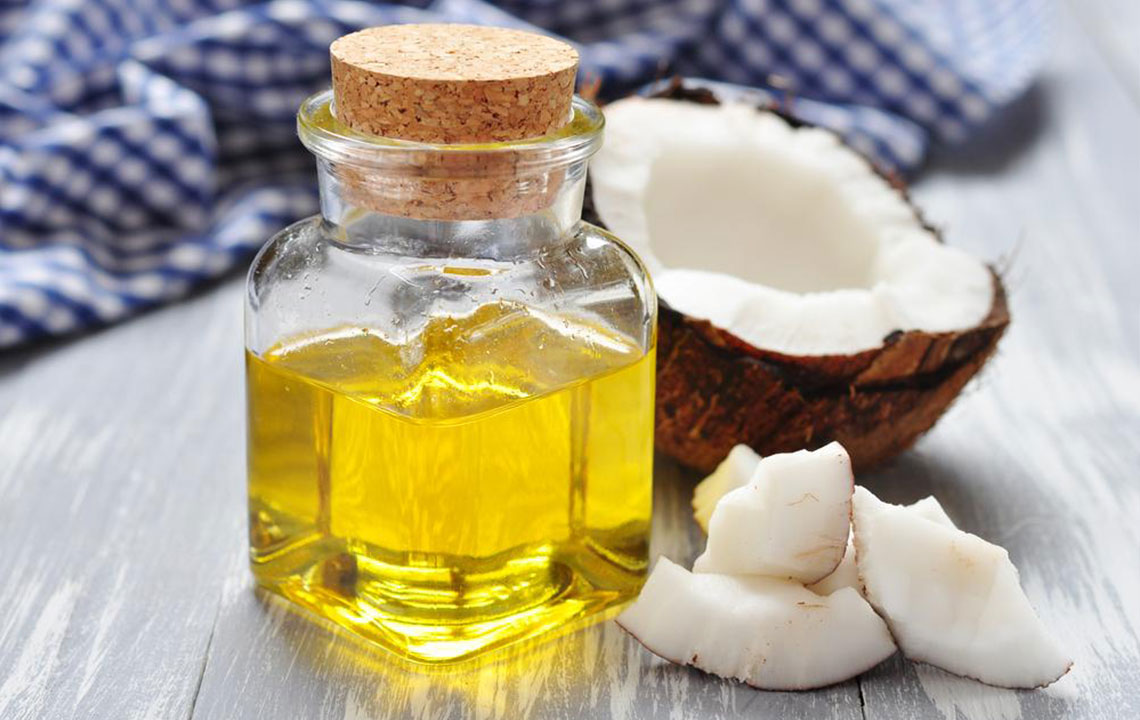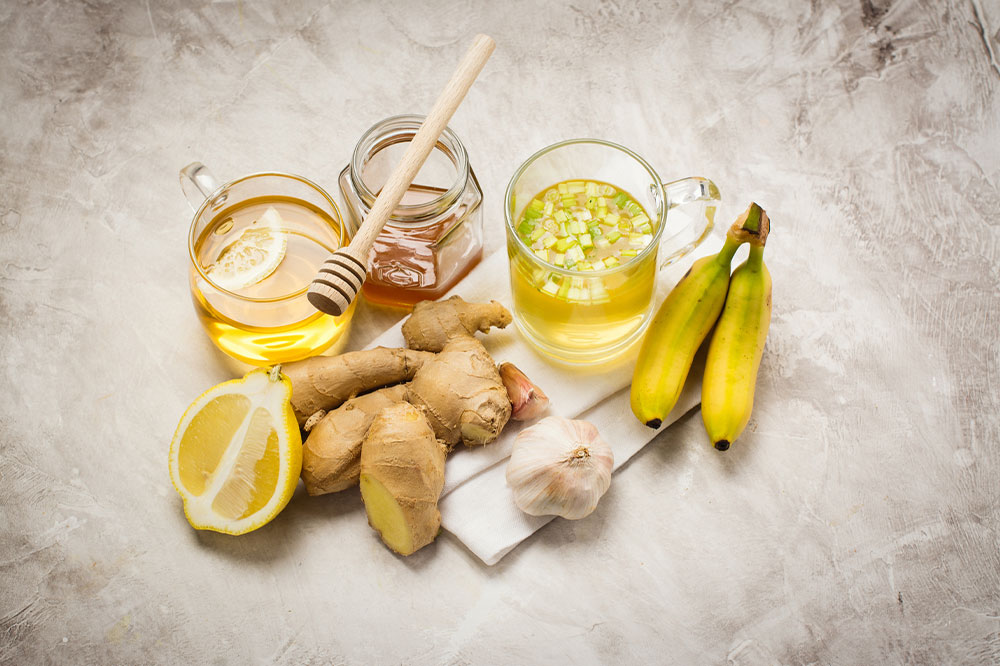Comprehensive Strategies for Managing Cold and Flu Symptoms Effectively
Learn effective strategies for managing cold and flu symptoms, including medication guidance, natural remedies, and preventive measures. Understand when to seek medical advice and how to support your recovery through proper hydration, rest, and hygiene practices. This comprehensive guide helps you navigate common viral illnesses more effectively, ensuring comfort and reducing complications during cold and flu seasons.

Comprehensive Strategies for Managing Cold and Flu Symptoms Effectively
When dealing with the common cold and influenza, understanding the most effective approaches to symptom management is crucial. Many people turn to over-the-counter (OTC) medications for immediate relief, but it's essential to evaluate whether these medications are truly necessary. Generally, cold and flu symptoms tend to resolve naturally within 9 to 10 days, and most medications serve only to alleviate discomfort in the short term. For example, relief from nasal congestion or sore throat might last only about a day or two, providing temporary comfort rather than a cure.
It's important to recognize the limitations of OTC remedies. Many popular medications, such as phenylephrine, are often debated regarding their actual effectiveness. Some scientific studies have suggested that phenylephrine's ability to constrict blood vessels and reduce nasal swelling might be comparable to a placebo. Moreover, while phenylephrine can provide quick relief of nasal congestion, it should be used with caution, particularly over extended periods, as long-term use can potentially influence blood pressure levels. Therefore, consulting a healthcare professional before starting any medication is highly recommended, especially for individuals with existing hypertension or other cardiovascular issues.
In addition to vasoconstrictive agents, antihistamines are another common remedy. They can make mucus clearance more comfortable and reduce symptoms such as sneezing and runny nose. However, it's essential to clarify that antihistamines do not treat the underlying viral infection. Since colds and flu are caused by viruses, antibiotics—which are effective against bacteria—do not help. Misuse of antibiotics can contribute to antibiotic resistance and should be avoided unless a bacterial secondary infection is diagnosed.
Natural remedies have long been favored for managing cold and flu symptoms. For instance, zinc lozenges are popular for their purported ability to inhibit viral replication and shorten the duration of symptoms. Despite their somewhat unpleasant taste, many users report that zinc lozenges provide noticeable relief. Additionally, steam inhalation, particularly with eucalyptus oil, can help ease nasal congestion and promote clearer breathing. A steaming bath can also be soothing and help relax tense muscles during illness.
Honey is another natural remedy that has shown promise in reducing coughing, especially when taken before bedtime. Its soothing texture coats the throat, minimizing irritation, and its antimicrobial properties may aid in recovery. Nonetheless, while natural remedies can be beneficial, rest and hydration remain the cornerstone of effective management. Drinking plenty of fluids, such as water, herbal teas, and broths, helps maintain hydration and supports the immune response. Resting allows your body to focus its energy on fighting off the infection and speeding recovery.
Preventive measures are equally vital. Good hygiene practices, such as frequent handwashing, avoiding close contact with infected individuals, and disinfecting surfaces, can help reduce the risk of catching or spreading cold and flu viruses. Vaccination against influenza is also a crucial preventative strategy, especially for vulnerable populations such as the elderly, young children, and those with underlying health conditions. By combining these preventive practices with effective symptom management, individuals can navigate cold and flu seasons more comfortably and minimize complications.
In conclusion, managing cold and flu symptoms effectively involves a combination of cautious medication use, natural remedies, adequate rest, hydration, and preventive practices. While symptoms often resolve on their own, understanding the appropriate treatments can make the experience more manageable and reduce the risk of complications. Always consult healthcare providers for personalized advice, especially if symptoms worsen or persist beyond the typical recovery period.





